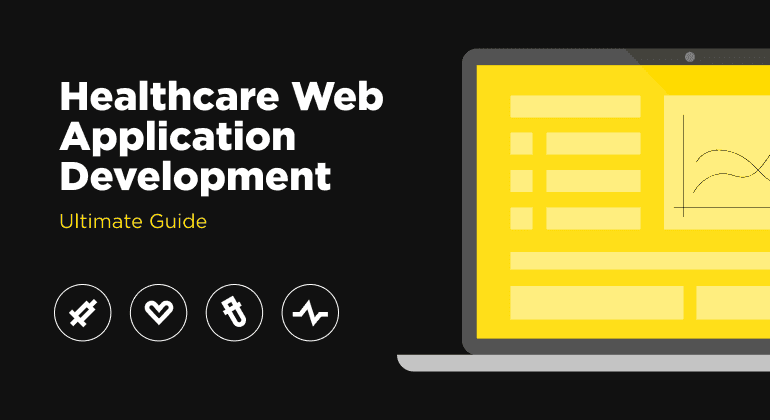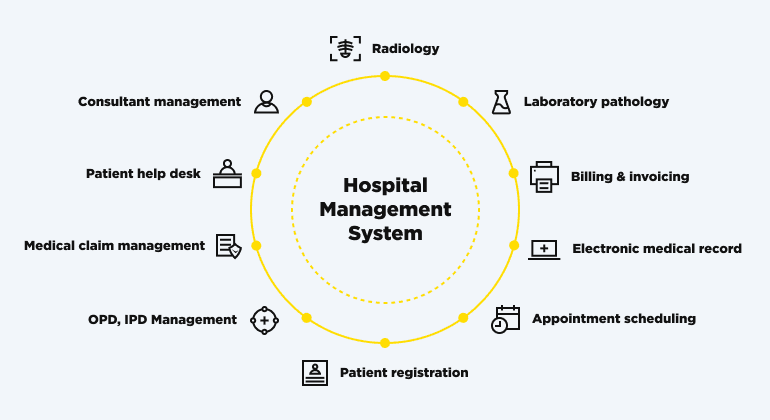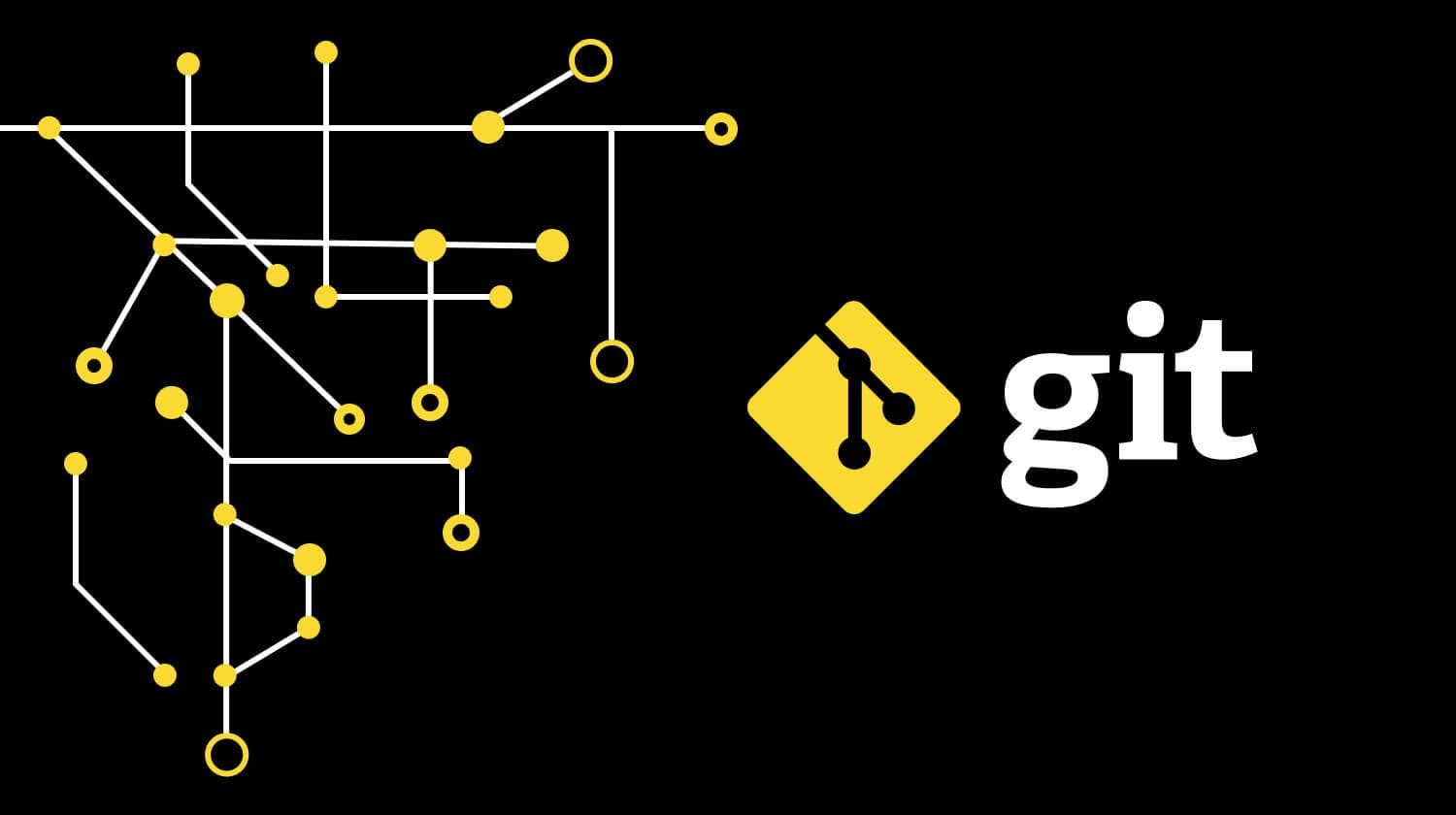An Ultimate Guide to Healthcare Web Application Development
During the past decades, technology has boosted our quality of life to a mind-blowing level. Revolutionary digital solutions have the answers to all human needs, from ordering food to online banking and getting an online degree. The healthcare industry has its fair share of innovations designed to make doctors’ work more efficient and patients’ lives better. Read on to learn how to create a medical app, the trends in healthcare & wellness application development, the advantages of adopting digital solutions for the healthcare business, and how to choose a developer team to execute even the craziest ideas.
The purpose of Healthcare App Development
Healthcare is going through a transformation, making it more accessible and engaging, resulting in people becoming less afraid and stressed from doctors’ appointments and improving doctor-patient relations. Wellness, medical, and healthcare applications are designed to digitalize health-related processes for clinicians, patients, and the general public. Using applications can significantly optimize the workflow in hospitals and clinics, helping to take the edge off physicians and letting them refocus on patients’ treatments instead of paperwork. By introducing electronic health records, online appointment scheduling, and virtual patient portals to mobile devices, developers make healthcare more efficient for both sides.
Before we dive into revealing how to develop a healthcare app, let’s learn about the industry of healthcare app development.
Outlook of the Healthcare Market
Healthcare is one of the fastest-growing industries for tech start-up developers. However, despite the market size and high competitiveness, the investors support the medical industry, creating the prospect for innovations.
Here are the numbers that show the increasing demand for healthcare software application development worldwide:
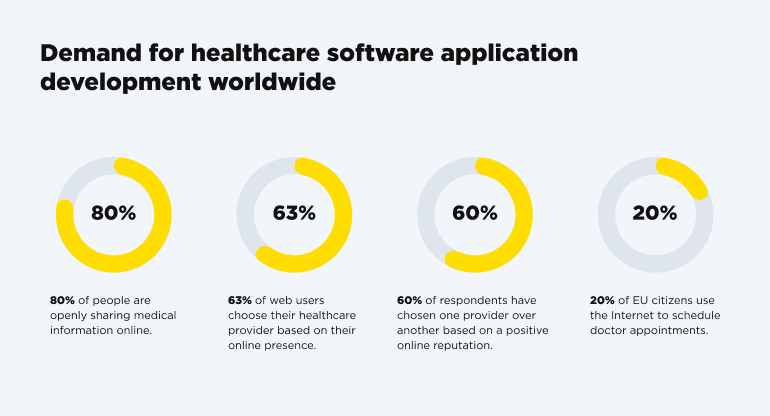
- 80% of people are openly sharing medical information online.
- 63% of web users choose their healthcare provider based on their online presence.
- 60% of respondents have chosen one provider over another based on a positive online reputation.
- 20% of EU citizens use the Internet to schedule doctor appointments.
The Precedence Research revealed that in 2021 the value of the global digital health market reached $270,60 billion. Yet, in 2030, they expect it to exceed $1.354,68 billion. So don’t waste your opportunity in 2022 to launch your idea.

Health App VS Medical App: Key Differences
Healthcare mobile app development has two fields: health&welness and medical. The differences lead to different approaches to how to build a medical app or a health one.
Reliable types of Healthcare Apps:
- Target general public
- Assist patients without medical claims, mostly to track symptoms, predict cycles, and monitor medical conditions
- Provide medical information, diagnosis, and prescribe drugs if needed based on the health conditions
The Medical App:
- Aims clinicians and healthcare organizations
- Complies with the local healthcare regulations on data security
- Provides diagnosis based on the medical data through analytical technology
- Offers access to the medical database, personal health records, and medical history
- Has a higher development cost
- Inspire healthy lifestyles and habits like running, fitness, tracking nutrition, etc.
- Have budget-friendly development cost
- Can access medic apps for health records, test results, etc.
Various platforms raise healthcare and mental health awareness, allow remote medical assistance, or connect professionals to exchange innovative solutions, like developing a new medical device.
Two Types of Healthcare Web Application Development
The wellness&healthcare software solutions can target medical professionals, patients, or the general public. The type of application will define what kind of business model you should use to monetize the product, whether you need market-driven or professional-based design and more. Let’s learn more about the major types of healthcare web application development:
Apps for Patiens
Tech developers help general users and patients keep their health in check, track, control, and measure health conditions and symptoms to raise awareness and improve people’s wellness. Android, IOS, and web apps for patients feature:
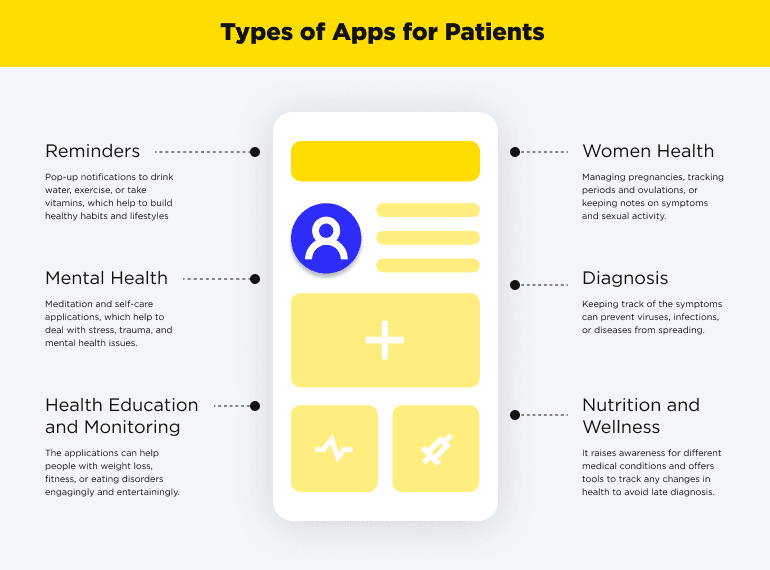
- Reminders. With pop-up notifications, apps can send reminder messages to users to drink water, exercise, or take vitamins, helping them build healthy habits and lifestyles;
- Mental Health. Meditation and self-care applications are trending as more people speak up about difficulties dealing with stress, trauma, and mental health issues.
- Diagnosis. Keeping track of the symptoms can prevent viruses, infections, or diseases from spreading.
- Women Health. The mobile app can be a tool to assist women in managing pregnancies, tracking periods and ovulations, or keeping notes on symptoms and sexual activity.
- Health Education and Monitoring. The platform raises awareness for different medical conditions and offers tools to track any changes (like cholesterol levels, blood indicators, etc.) in health to avoid late diagnosis.
- Nutrition and Wellness. The applications can help people with weight loss, fitness, or eating disorders engagingly and entertainingly.
Such apps use powerful marketing strategies to promote the services. They come in stylish and eye-catching designs and usually have social features allowing users to share their results with friends or participate in group events.
Professional Apps for Medical Facilities
Unlike apps for patients, platforms to serve healthcare providers come in simple design, yet their main goal is to optimize the workflow of independent specialists or medical facilities. For example:
- Healthcare Database. By storing all the medical records and patients' health histories, apps assist physicians in being informed about any health developments and staying current with medical information.
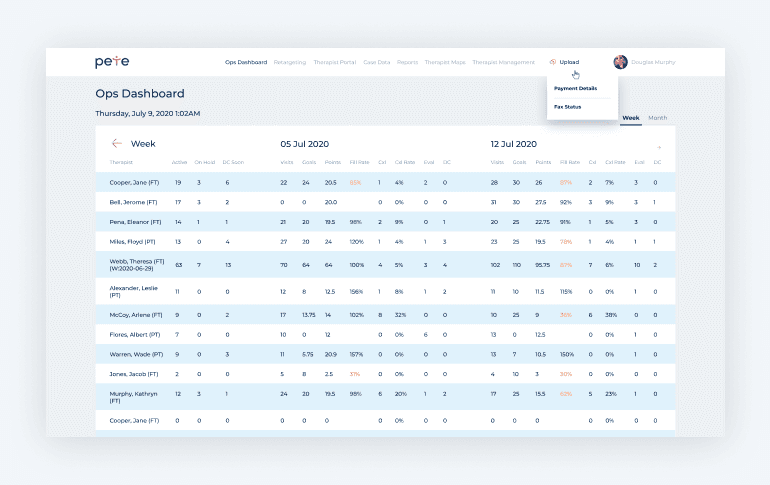
- Clinical assistance. Applications are powerful solutions to optimize the facilities’ workflow by simplifying appointment booking, registering hospital visits, building connections between departments, overall appointment management, and more.
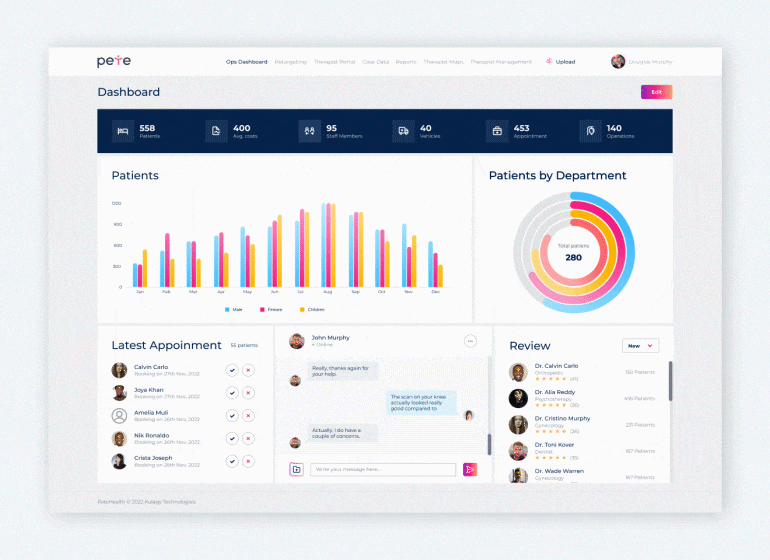
- Patients Monitoring. Cross-platform apps assist clinicians in keeping track of the treatment process, accessing test results, and monitoring patients’ conditions and progress.
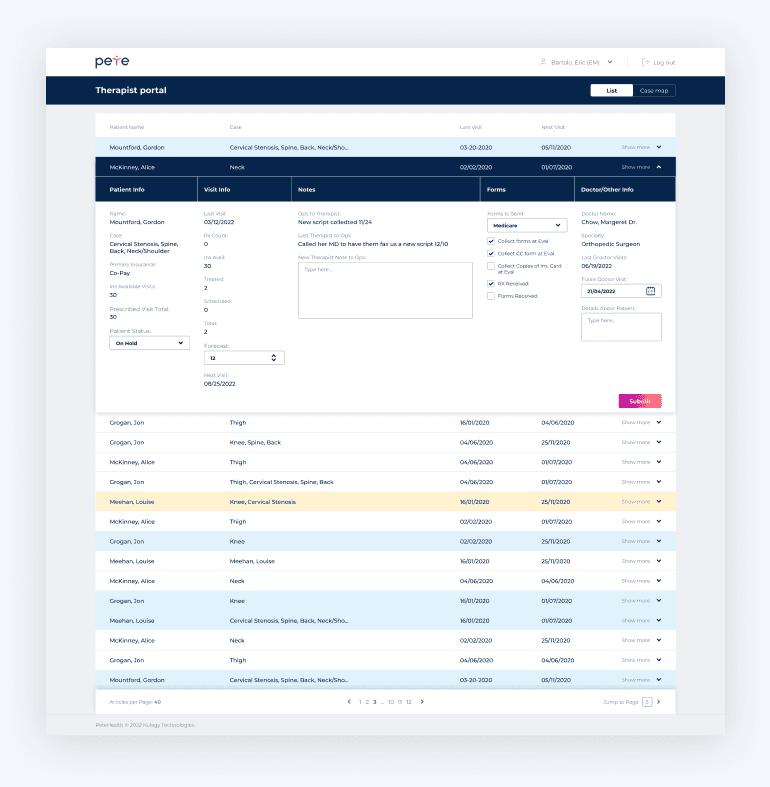
Check our related case study, where our team has developed a Medical Record Website that helps therapists effectively manage patients’ info.
Benefits of Healthcare App Development for Business
Digital transformation assures that healthcare and medical software benefits physicians and patients. Even though healthcare mobile application development is highly time- and cost-consuming, the benefits are worth all the resources:
- Improved doctor-patient communication;
- High-quality care;
- Better medical organizations' service and equipment management;
- Doctors’ rapid decision-making;
- Accessible medical and healthcare data;
- Helps with accurate diagnosis;
- On-demand healthcare;
- Cost reduction on healthcare provision;
- Prevents burnout among healthcare professionals;
- Remote virtual medical assistance;
- Secure payments.
Healthcare businesses can only benefit from letting go of traditional ways and adopting progressive and innovative E-health solutions to boost customer service and physician productivity.

Ready to build your Web Application?
Contact usWhat you Should Expect to Pay for Healthcare App Development
The healthcare web app development cost will vary depending on numerous factors:
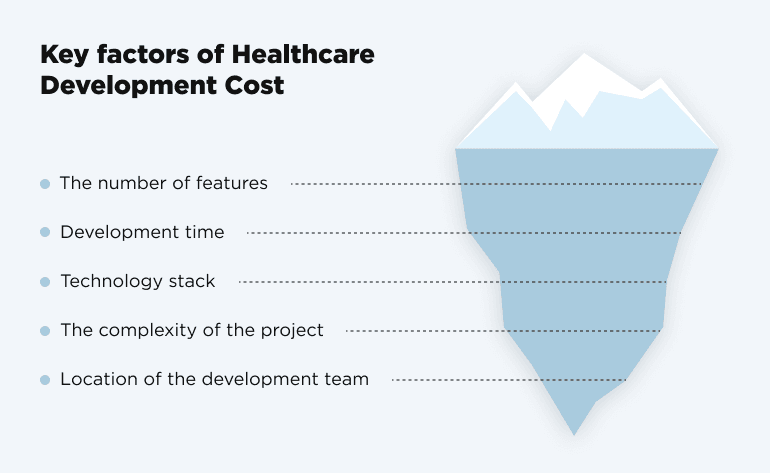
- The number of features
- Development time
- Technology stack
- The complexity of the project
- Location of the development team
The average cost of healthcare app development in the USA is $100,000.Therefore, the in-house team is an unnecessary expense. You can significantly cut your budget by cooperating with a professional company located in Europe. For example, the average fee for a developer’s work in Western Europe is $100/per hour; in Eastern Europe, it is $50/per hour; in the US, it’s up to $150. For the final cost estimation, contact the preferred team's office directly.
Step-by-Step Healthcare Mobile App Development Process
Developing a new product could be challenging without a clear plan, an understanding of business goals, and a targeted audience. To make entrepreneurs’ lives easier, here is an ultimate guide that explains how to develop a healthcare app step-by-step to help them avoid missing a fundamental production process.

Pinpoint issues and challenges
The core of app development for the medical and healthcare industry is seeing the product as the solution to existing issues and struggles patients, medical specialists, or people have. You can narrow the goals to launch the healthcare application for a specific field or establishment, like an ADHD management & tracking app or platform for the hospital, by identifying who you’re helping, what needs should be covered, and how.
Define platforms and preferred technology
The next step is to define what platform you want to use for the launch. Will it be IOS, Android, or Web? The platform choice will determine what technology stack, framework, and software developers should use to build the application. Some frameworks, like Flutter, allow cross-platform development to help you increase outreach and implement advanced features for a native-like experience. Keep in mind your target audience when building a plan, as elderly patients have issues with small screen size devices and are much more comfortable using web applications. At the same time, youth prefer managing all their needs from a smartphone.
Identify the launch location and prioritize core features for the MVP project
Settling the app’s geographics is a necessary step that helps developers build in the required tools and features if the product will be released internationally. If you’re planning on providing medical service only in a specific area, there is no need to launch globally. For healthcare tech products, countries have different data-securing regulations. Therefore, taking over an international market will be more challenging.
Early on, entrepreneurs need to highlight the core features, like remote patient monitoring, online video chats with doctors, or symptom tracking for the MVP project to launch a simplified test version of the app. Testing on the market clarifies the users’ needs and expectations, helping developers craft a 100% satisfactory app.
Dedicate time to advanced UI/UX design
Well-thought-through, high-quality UI/UX design is vital for a product’s success, as it influences the users’ first impression of the application. What things you should pay attention to:
- Responsive design will keep all the features, navigation tools, and appearance no matter the screen size when users switch between smartphones, tablets, and desktops.
- Base the user interfaces around the expectations of the targeted audience. Older people prefer simple designs, while youth pick eye-catching and stylish solutions. The UI design should vary if the app users are medical professionals, patients, or the general public.
- To boost user experience, consider keeping the navigation easy to follow to please all demographics and adding useful tools, widgets, and unique features for outstanding functionality.
Find an App Development Company to Partner up With
It’s crucial to emphasize how much the success of your product relies on the development team. The secret to selecting the right agency for your needs is finding a team with years of experience serving the healthcare & wellness industry, state-of-the-art technologies, and creative digital solutions to make your vision a market-ready product. Outsource your healthcare app development to a dedicated team featuring:
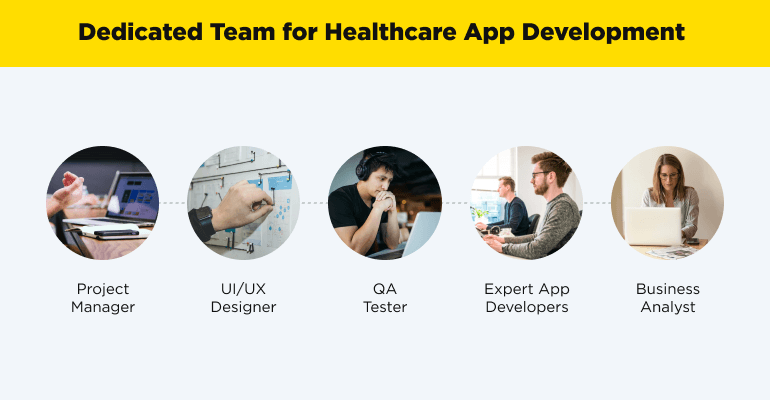
- Project Manager/Scrum Master
- UI/UX designers
- Quality Assurance Engineers
- Expert App Developers
- Market Research Specialists
Select a model for monetizing the product
Across industries, application development intends to gain profit from the product release. Healthcare is no exception. Entrepreneurs have to plan out monetization methods when building a business model. For healthcare and medical applications, companies adopt either of those two monetizing strategies:
- The freemium model with included paid services and premium features
- The subscription-based model with different payment plans
Focus on optimizing the MVP project
A Minumum Viable Product (MVP) is a necessary stage of the development process if you want to avoid failure in the market. MVP project includes only essential features, allowing testing of the concept on real-life users. Based on the collected user feedback, developers can identify which additional needs to cover and how the concept idea works in reality. Afterward, research and gathered data help to improve the final product and attract investors. Therefore, the MVP product should be powerful and presentable to catch the attention of the future audience and gain additional financing resources.
App testing
Testing ensures that the product is market-ready and will provide the service flawlessly. Testers examine the app for bugs and performance issues, identify issues with UI and UX designs by predicting user behavior, and more. Proper testing saves development costs and time and ensures that the product will live up to the reputation and investors’ expectations.
Release the app and track performance
Launching the app is the most exciting stage of development, yet the work doesn’t stop there. Using an in-app analytics tool, you can track performance, keep up with users’ requisites, fix any concerns by introducing updates and help the app grow and evolve.
Ten must-have features for the Healthcare Application
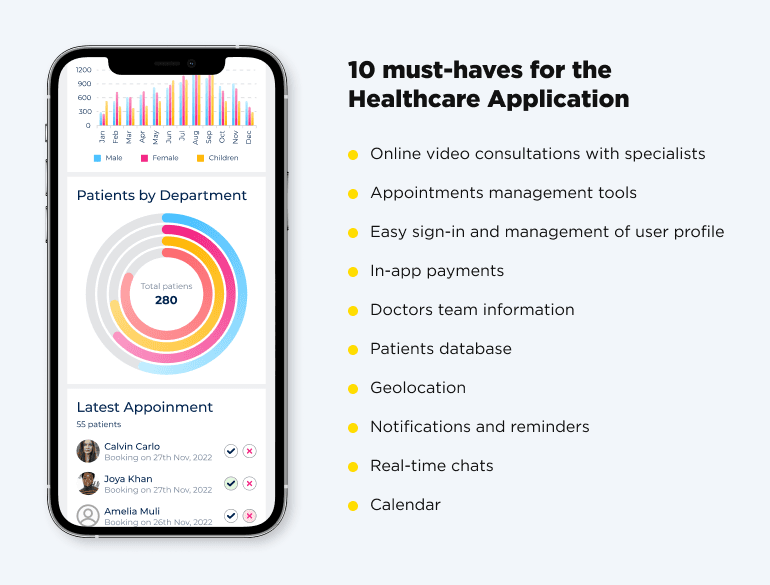
- Online video consultations with specialists
- Appointments management tools
- Easy sign-in and management of user profile
- In-app payments
- Doctors team information
- Patients database
- Geolocation
- Notifications and reminders
- Real-time chats
- Calendar
Tips for choosing a Healthcare App Development Company
To reach success in the market with your product, you have to find trusted professionals to cooperate with who share your visions and have access to the right technology to execute all your ideas. When selecting a future partner for healthcare web application development, pay attention to the following:
- The company follows local data security requirements for medical and healthcare digital solutions. The compliance regulations vary from country to country and are fundamental to developing your project. The United States has HIPAA, CCPA, and HITECH Act, Europe has GDPR, United Kindom - Data Protection Act of 1998, and Canada has PIPEDA.
- The developers’ team has experience serving the healthcare industry and is skilled in building web and mobile health apps featuring all essential characteristics.
- The app developer has innovative, cutting-edge solutions to boost your concept. The new-era digital healthcare products need out-of-this-world technology to be truly revolutionary, like Internet-of-Things (IoT), Blockchains, Virtual Reality ( VR), or Artificial intelligence (AI). Implementing state-of-art tech in healthcare projects identifies a highly professional company that delivers market-leading products.
- Learn more about the company’s previous work, testimonials, and projects’ success rate. Don’t avoid consultation with other clients to see their experience with workflow organization, specific team members, etc.
- Discover what technical stack the team operates on in the development process. Some concepts require specific frameworks, programming languages, back-end, or servers to be fully operational and efficient.
